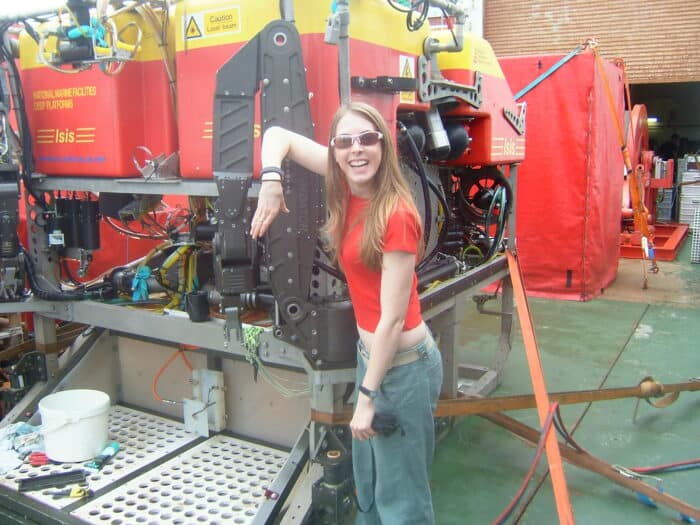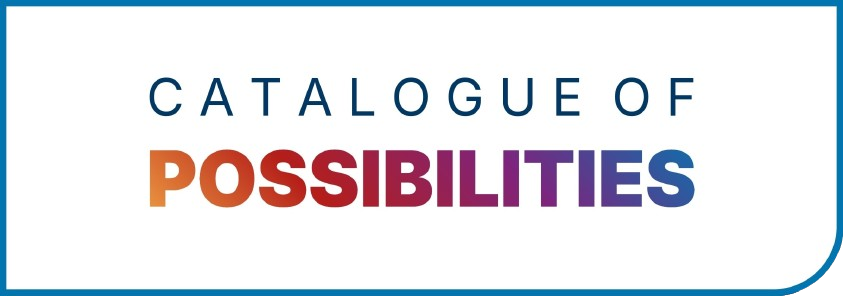Dr Laura Hepburn she/her

Manager, NERC-NEIF Stable Isotope Geoscience Laboratory / Research Scientist
Strategic Research Areas
Understanding the complex interaction of reactive environmental nanoparticles, is crucial for creating robust global geochemical models to accurately predict environmental changes across a range of future climate scenarios. This expansive research interest covers a vast scale – probing nanoparticulate interactions to predict global changes – and is inherently interdisciplinary. To achieve this mammoth task, my research passion focusses on the evolution of conventional biogeochemical techniques for novel applications; specifically, the use of stable isotopes to devolve source components and formation processes in fluids, minerals, and soils/sediments. With a strong background in the Geosciences, I am keen to make collaborations across Biology/Microbiology, Ecology, Engineering, and beyond.
Current projects cover a diversity of research fields and some examples include i) identifying and protecting areas of the global seabed that represent long-term sinks of atmospheric carbon dioxide (biology/geochemistry/policy); ii) microbe-mineral transformations in carbon critical environments, such as peatlands and glacial ecosystems (ecology/microbial biology/geochemistry); iii) modelling the capacity for industrial arable farming, using mine water geothermal energy from abandoned coal mines in Scotland (geology/geochemistry/engineering); iv) developing protocols for quantitatively characterising iron mineralogy in fluid-suspended nanoparticles (geochemistry/particle physics); v) understanding mechanisms by which water was delivered to the evolving Earth (planetary science/geochemistry). I am keen to supervise any project across oceanographic and geoscientific disciplines, that uses geochemical and stable isotopic techniques to better understand the dynamic environmental interaction between fluids and minerals.
Over the last 10 years, I have mentored students that have continued work in academic teaching and research, that have become scientific advisors in governmental policy, and that are working as exploration geologists all over the world. I am curious and ambitious scientist, with a strong motivation to observe, understand, and protect the natural world. As a supervisor, living with Type 1 diabetes alongside other disabilities, I am a determined advocate of exceptional, differently abled students. As a sea-going scientist working in environments as remote as the Southern Ocean, I understand the importance and practicalities of enabling accessible fieldwork and labwork for scientists with disabilities, who may otherwise be excluded, or lack confidence, working in these settings.

